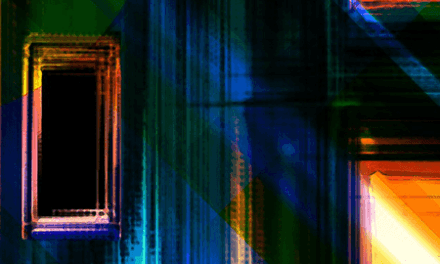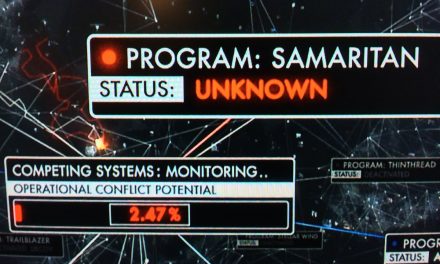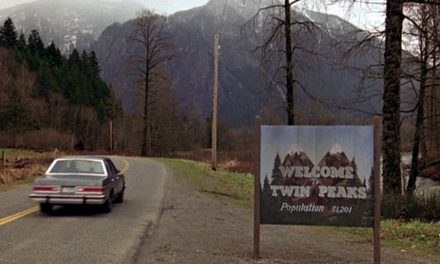KEYNOTE SPEAKERS
Sherryl Vint (UC Riverside, USA)
Sara Wasson (Lancaster, UK)
‘Fantastika’ is an umbrella term that embraces the genres of Fantasy, Science Fiction and Horror but can also include Alternate History, Gothic, Steampunk or any other radically imaginative narrative space.
The sixth annual Fantastika conference will aim to define, challenge and debate conceptualisations of embodiment. We seek to investigate how various bodily forms are addressed or ruptured across a myriad of canvases, whether it be through (re)construction, transposition or indeed destabilisation. The conference will diagnose how Fantastika texts may extend upon or confront definitions of what it even means to be ‘embodied’, inviting researchers from fields such as posthumanism, medical humanities and other relevant fields to collaborate through productive discussion.
Sherryl Vint is Professor of Media and Cultural Studies at the University of California, Riverside, USA, where she directs the Speculative Fiction and Cultures of Science program. She is the author of Bodies of Tomorrow, Animal Alterity, and Science Fiction: A Guide for the Perplexed. She is an editor of the journal Science Fiction Studies and has edited or co-edited several books, including Science Fiction and Cultural Theory: A Reader and The Routledge Companion to Science Fiction. She is currently writing a book on biotechnology, post-humanist theory, and speculative imaginaries related to the commodification of life.
Sara Wasson is Anniversary Lecturer in Gothic Studies at Lancaster University, UK. Her research extends from Second World War Gothic of the British home front to twenty-first century Gothic and Science Fiction. She has published widely in both areas including Urban Gothic of the Second World War and Gothic Science Fiction 1980-2010, co-edited with Emily Alder. Her upcoming book Transplantation Gothic explores Gothic and Horror fantasies of tissue transfer through a medical humanities lens.
We welcome abstracts for 20-minute papers focusing on embodiment within Fantastika of any medium or form. Suggested topics include:
- Bodily modification or transformation – forms of (re)construction.
- Monstrosity – reconceptualising the role and presence of monsters.
- Speculative or Non-Human Turn, materiality and notions of the ‘real’.
- Doppelganger or clone narratives – facsimile or ersatz identities; bodily fakes.
- Digital consciousness, synthetic/AI identities, virtual reality, avatars, drones etc.
- Gender or gendered identities – feminist, masculine, non-binary, trans etc.
- Cartesian notions of mind and body – defining, challenging and developing.
- Myths and monsters – folklore, demons, ghosts and other fantastical creatures.
- Bodily experience – carnality, traumas, empathy and other sensory effects.
- Disabilities, chronic illnesses, prosthesis and other related experiences.
- Bodily commodification, ownership and notions of ‘material’ worth.
- Performing bodies – theatre, video games, LARP, cosplay.
- Narrator or character perspectives – hero, child, adolescent, geriatric etc.
- Writing about/for alternate ontologies – animal, alien or other non-human identities.
- Postcolonial revisioning of embodiment and/or acts of bodily reclamation.
- Any form of Fantastika-related embodiment that engages/challenges homogeneity.
Please submit a 300-word abstract along with a 50-word biographical note to fantastikaconference@gmail.com by 1 May 2019. For further information about Fantastika, or Fantastika Journal, visit www.fantastikajournal.com #fantastika2019 #embodyingfantastika
Supported by the AHRC through the NWCDTP Cohort Development Fund.





